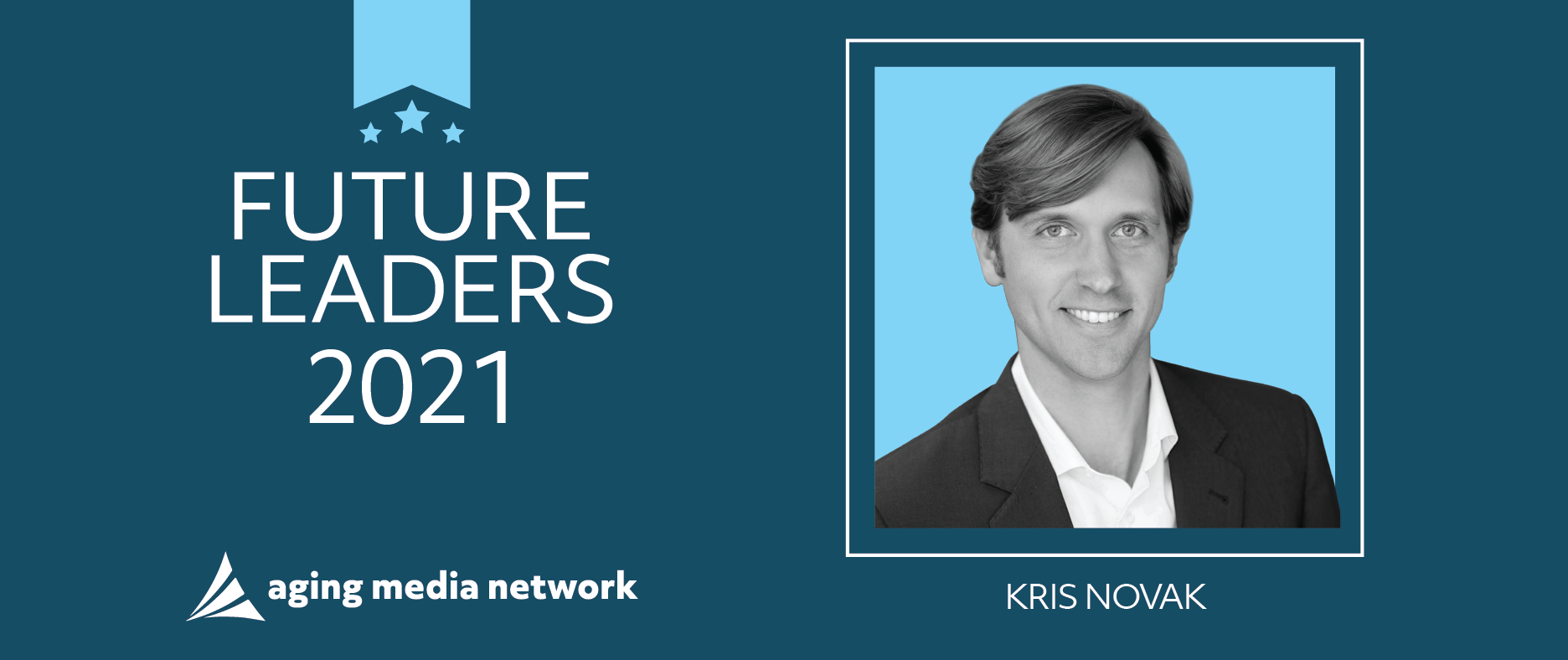The Future Leaders Awards program is brought to you in partnership with PointClickCare. The program is designed to recognize up-and-coming industry members who are shaping the next decade of senior housing, skilled nursing, home health and hospice care. To see this year’s future leaders, visit https://futureleaders.agingmedia.com/.
Kris Novak, vice president of mergers and acquisitions at Baton Rouge, Louisiana-based Amedisys Inc. (Nasdaq: AMED), has been named a 2021 Future Leader by Home Health Care News.
To become a Future Leader, an individual is nominated by their peers. The candidate must be a high-performing employee who is 40-years-old or younger, a passionate worker who knows how to put vision into action, and an advocate for seniors, and the committed professionals who ensure their well-being.
Novak sat down with HHCN to talk about the role technology will play in accelerating home-based care and why leaders should be prepared to lead by example.
HHCN: What drew you to this industry?
Novak: Health care, in the global sense, is just a really good place for a career. We try to talk about this a lot with our team, and while we’re recruiting other candidates that may come from a finance or corporate development background.
At the end of the day, too, it’s nice to know that while our day-to-day duties leading the M&A and development front don’t directly impact our patients, the organization we’re supporting makes an incredible impact on the lives of our patients and their families.
What’s your biggest lesson learned since starting to work in this industry?
You’ve got to learn to flourish through change. And you’ve got to try to find the opportunities that the change affords. Health care is just always evolving.
I started in 2009, so we’ve seen our fair share of change in home health, hospice and other in-home care settings in the past 12 years. I just can’t imagine trying to operate without a flexible and optimistic outlook.
If you could change one thing with an eye toward the future of home-based care, what would it be?
Reimbursement structures, for one. Also I’d like to see stronger utilization of some important services that are still a little underdeveloped but really allow our patients to age in place. I’m thinking of, for example, telehealth, palliative care and higher-acuity care at home.
The development of the reimbursement factors will lead to more utilization there. I think that will be important as we continue to show that there are a lot more things we can do for patients in the home setting.
What do you foresee as being different about the home-based care industry looking ahead to 2022?
Whether it’s home health in the traditional sense or expanded capabilities, I think technology will continue to enable our clinicians to appropriately expand levels of care in the home. We’re going to be able to show really high-quality outcomes, higher patient and family satisfaction, and frankly, some cost-efficient outcomes for all types of payers.
I think there’s always going to be a change coming. There will be plenty of change because of the Patient-Driven Groupings model (PDGM) leading to consolidation. Value-based purchasing is also going to incentivize and increase competition. The highest-quality providers are going to be rewarded. I think that’s good for our patients. I think it’s good to continue to elevate the perception of care in the home.
In a word, how would you describe the future of home-based care?
In a word, I would describe it as “essential.”
What quality must all future leaders possess?
They should be prepared to lead by example.
I think coming from the corporate side, you know, we’re a cost center. Sure, we drive growth with acquisitions and de novos, but we’ve got to rely on experts with diverse backgrounds and experience across the organization to successfully acquire, integrate, then operate [businesses] at a high level.
None of what we do is accomplished by one person or one department. You’ve got to be a good listener and leverage the combined balance of the team. You also can’t be afraid to roll up your sleeves right alongside your peers to find good solutions.
If you could give advice to yourself looking back to your first day in the industry, what would it be and why?
The more you can learn to put yourself in another person’s shoes, the better.
It takes a coordinated effort internally and externally to close the big deal or execute a complex integration project plan. Always having that perspective and an open mind often helps find the best solution.




